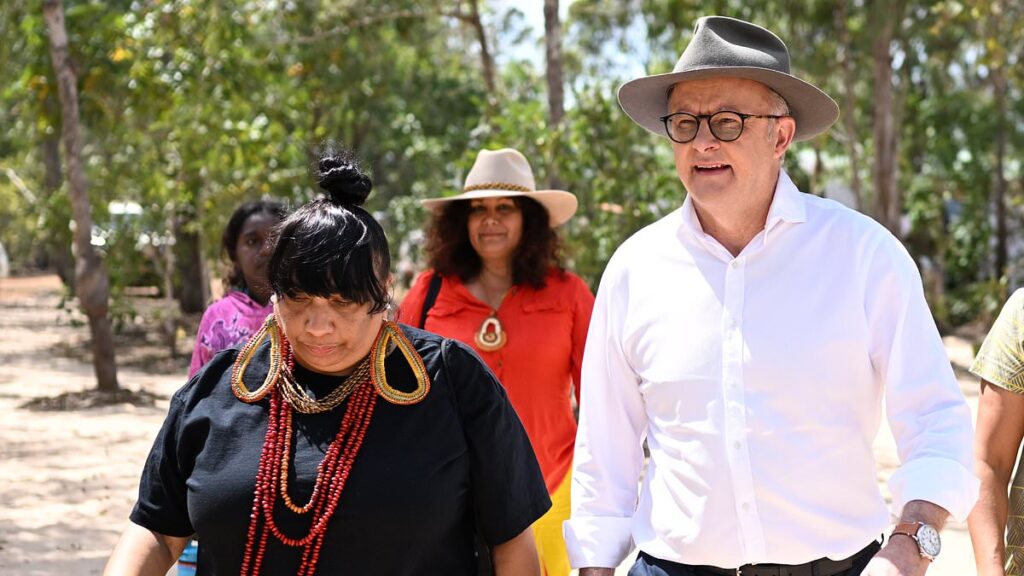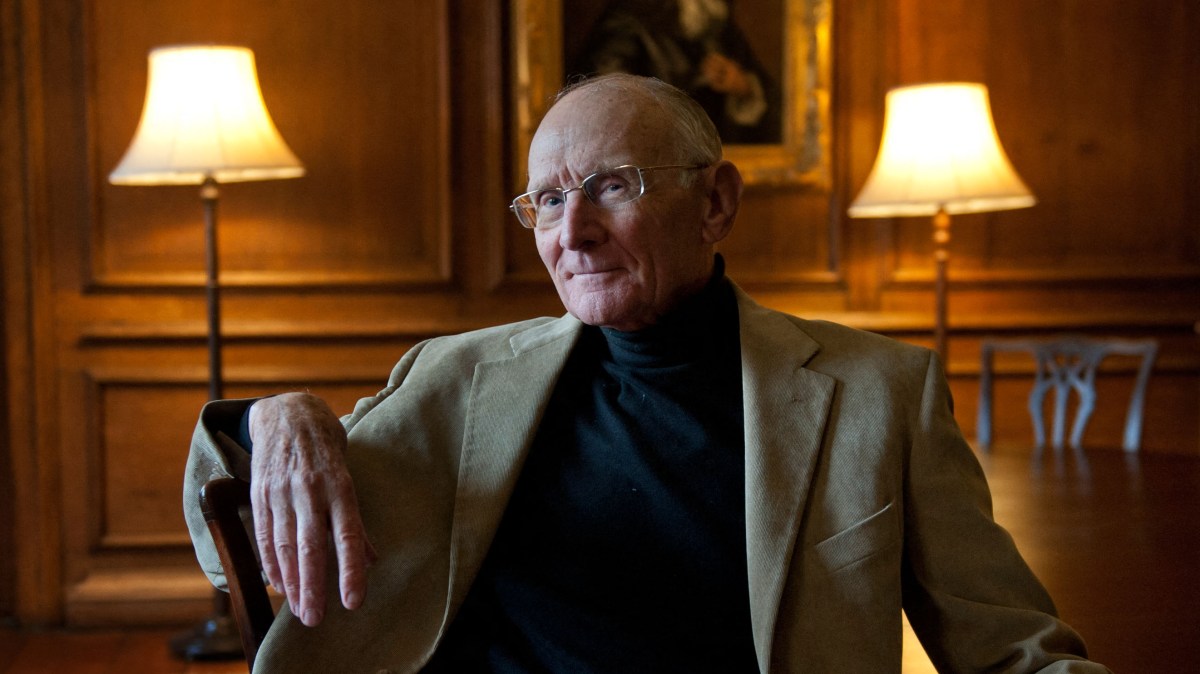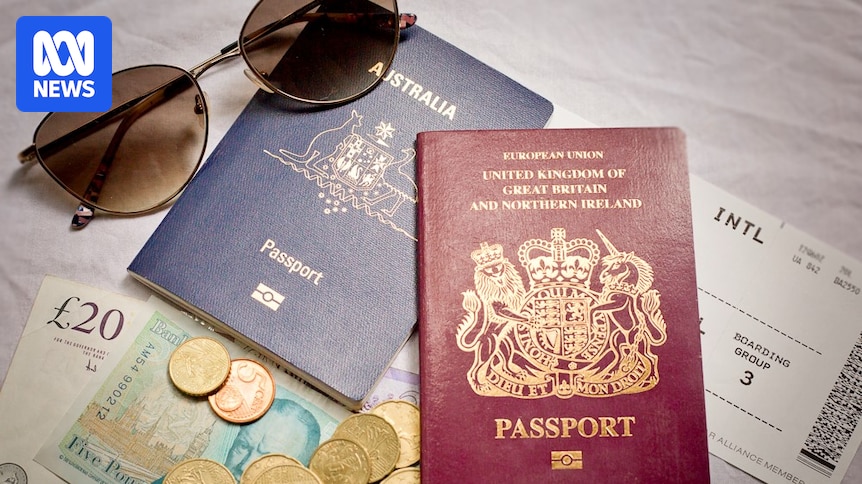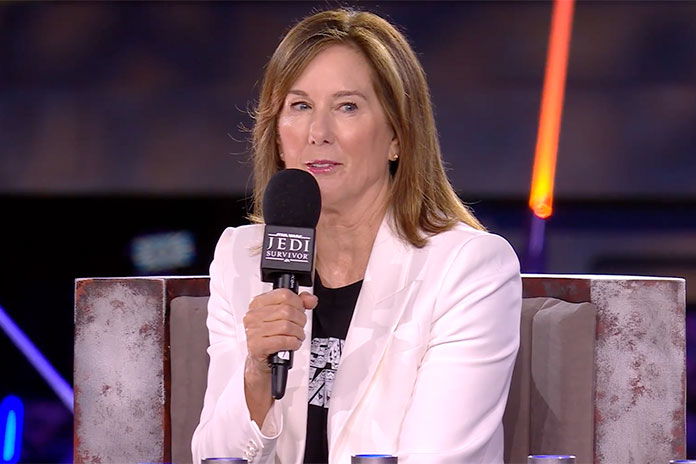
Anthony Albanese has announced a significant $176 million funding package aimed at enhancing economic opportunities for Indigenous Australians. This announcement was made during his address at the Garma Festival in northeast Arnhem Land, a significant cultural event that draws attention to Indigenous issues.
The funding package is part of a new economic partnership with the Coalition of Peaks and the First Nations Economic Empowerment Alliance. It allocates $70 million for Indigenous clean energy projects, $31 million for a mobile TAFE program, and $75 million for native title reform under the partnership.
“This builds on our commitment to the Closing the Gap Agreement, to its call for a new way of doing business and to the principle of shared decision-making,” Albanese stated to the festival audience at Gulkula in the Northern Territory on Saturday.
Empowering Indigenous Communities
The approach is designed to empower traditional owners, allowing them to advocate for infrastructure, housing, and energy projects on their land, thereby building equity beyond the land itself. Coalition of Peaks lead convener Pat Turner emphasized the importance of community control in economic development.
“Aboriginal and Torres Strait Islander people have been clear for decades that our community-controlled organisations are the best employers of our people, providing the foundation for our economic development,” she said.
Yolngu leader and chair of the Yothu Yindi Foundation, Djawa Yunupingu, echoed these sentiments, expressing a desire for a real economy for his people. “We intend to use our lands and waters for our own future and the future of our children, and the future of our nation,” he stated.
Support and Criticism
National Native Title Council chief executive Jamie Lowe praised the funding, highlighting its potential impact. “Investing in the native title sector is game-changing,” he said. “This injection of capacity will mean more jobs, more opportunities for young people and stronger protection for our cultural heritage.”
However, not all responses were positive. Aunty Glendra Stubbs, the elder in residence at community legal centre Knowmore, expressed disappointment over the absence of any mention of truth-telling in Albanese’s address. The government has backed away from its commitment to Makarrata in 2024, and although Albanese acknowledged the Victorian truth-telling inquiry Yoorrook, he did not mention a national process.
“Our people have been asking for this for generations,” Aunty Glendra said. “Without truth, the pain of colonisation remains open – generation after generation. We can’t heal what we won’t name.”
Calls for a Treaty
Victorian senator Lidia Thorpe called for a renewed commitment to federal truth-telling and treaty. “Cash for the corporations and a few utes are crumbs on the table while so many of our people are dying in custody and governments continue to steal and jail our children at record rates,” she stated.
The announcement comes as Garma marks its 25th festival. Djawa Yunupingu acknowledged those who initiated the festival in 1999, his brothers, and the festival’s roots in promises of treaty, which were “washed down” by past governments but never forgotten.
“Even though we live with shattered dreams, we must keep looking to the future,” Yunupingu said, reflecting on the disappointment following the Voice referendum in 2023.
Looking Forward
The funding package represents a step towards economic empowerment for Indigenous Australians, but it also highlights the ongoing debate about truth-telling and treaty. As the nation grapples with these complex issues, the voices from Garma underscore the need for continued dialogue and action.
Moving forward, the government’s commitment to Indigenous economic empowerment will be closely watched, as will its approach to addressing historical and ongoing injustices. The conversation at Garma is a reminder of the importance of listening to Indigenous voices and ensuring that their aspirations are at the forefront of national policy.







